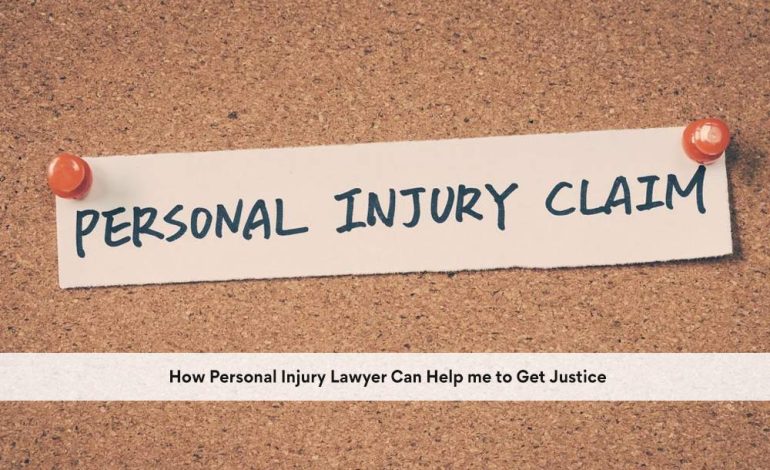Right After a Motor Vehicle Accident, These Immediate Actions are Required in NC
First, the driver must stop the vehicle right at the scene if there is a death, personal injury or property damage. By NC law, the driver must help any injured party by calling an ambulance or engaging a doctor’s help. Unless you know what you are doing, do not move the injured one. However, you may need to transport the injured to a hospital. The rule of law is you will not be liable in civil damages for any acts of omission in your caretaking unless there is recklessness or intent to harm.
Immediately you do need to report any accident involving personal injury, death, or a minimum of $1,000 in property damages to the local police, sheriff, or highway patrol. An officer needs to investigate in case physical ailments surface later.
Then the vehicle or vehicles, if driveable, and everyone involved should move off the road for safety. At night, use flares, reflectors, and flashlights. Continue to protect the scene until the policeman comes. You, under NC law, do not have to say anything. You have the right to consult an attorney first. If the crash is a serious one, you should make haste to get your attorney.
Note that with traffic tickets, there can be civil as well as criminal charges. And your insurance rates can go up. Thus, consult an attorney before heading into traffic court. In general, do not state anything and do not give over any payments at an accident scene. Do not conclude aloud that you are guilty as your words can incriminate you. By NC law share only your name, address, and license plate number. Do show your NC driver’s license upon request to others in the accident. Remember, legal dealings must transpire before declarations of liability.
Before you depart the scene, make sure you get the other driver’s name, address, insurance policy information, and license plate number. And get names, addresses and phone numbers of all witnesses. Record in writing their accounts of what happened. Record them with your smart phone. With your cell phone camera, take pictures all around the scene. Video documentation can prove the drunkenness of the driver. Take notes re: what you have seen and heard, too.
Because injury from shock and trauma may surface, do go get checked out by a doctor as soon as possible. And send a complete report to your insurance company. If you have group health or disability insurance, report in full here also. File any claims. Choose your own lawyer and don’t let anyone pressure you to settle. You do not have to negotiate with adjusters just yet. Finally, do save all evidence including photos and bills.


